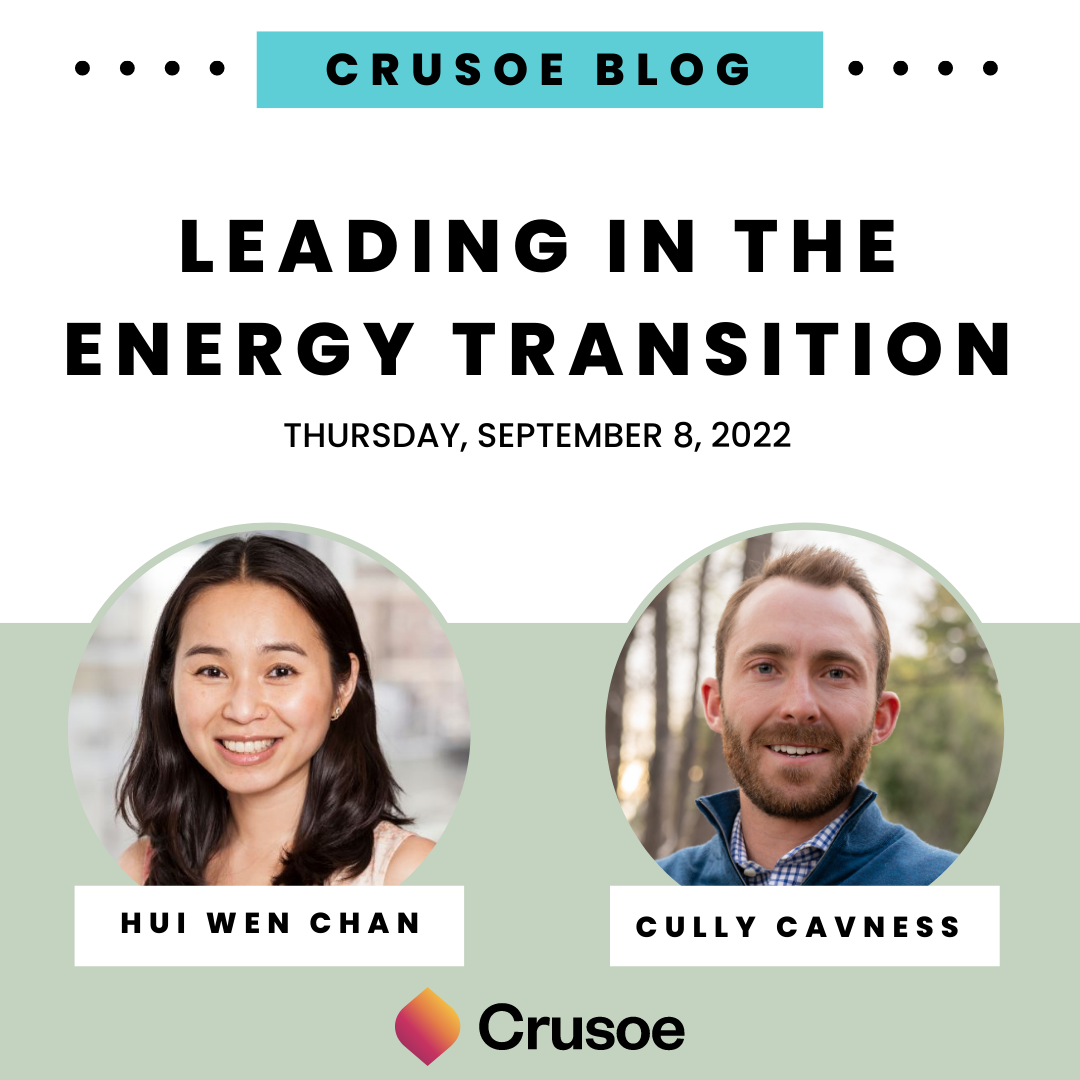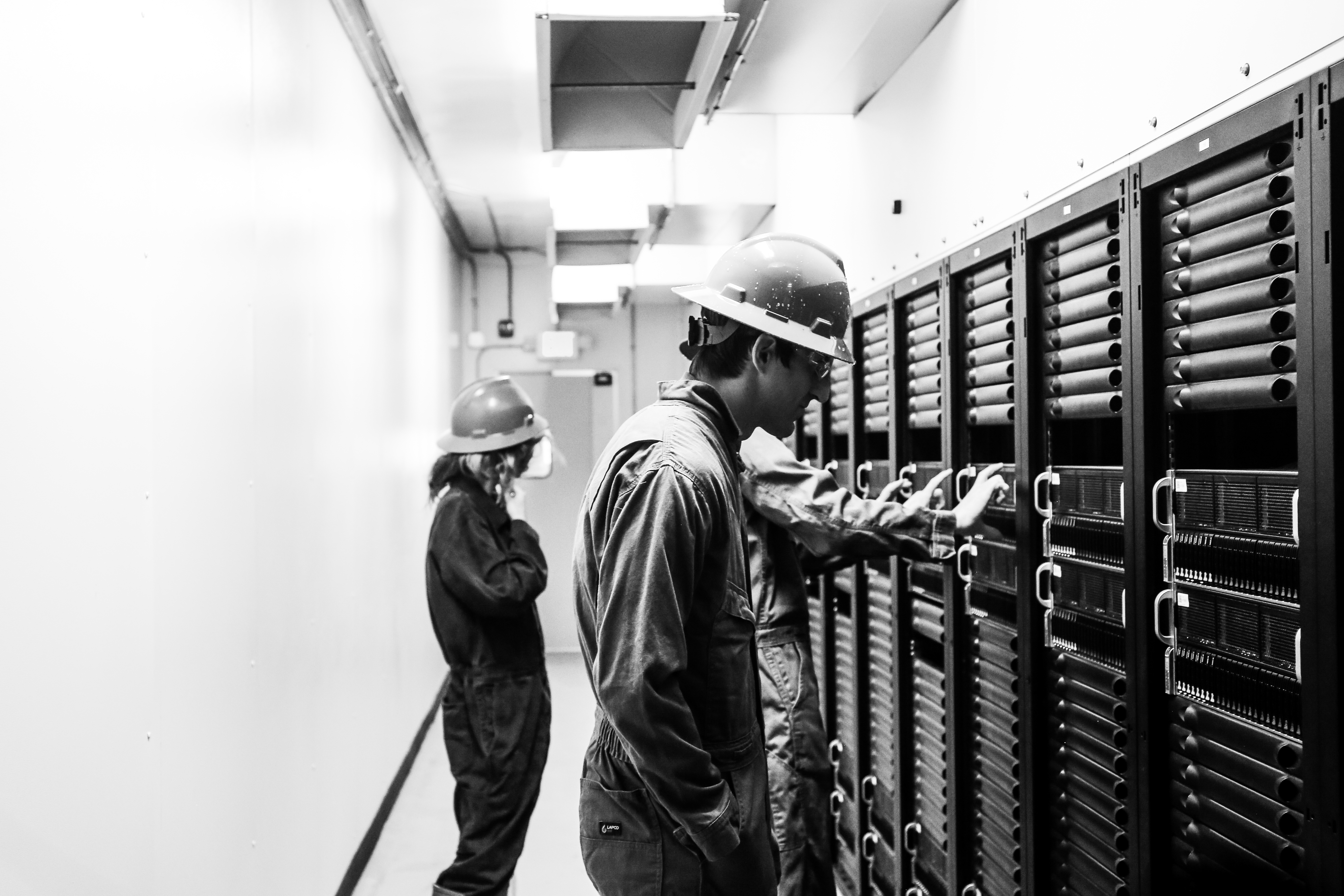
“Energy is central to nearly every major challenge and opportunity the world faces today, including poverty eradication, gender equality, adaptation to climate change, food security, health, education, sustainable cities, jobs and transport.”
–United Nations High-level Political Forum on Sustainable Development (HLPF)
Access to energy is a key input to raising a population’s quality of life. Data shows that a nation’s energy consumption is closely correlated with the quality of life of its citizens. Countries with higher scores on the UN’s Human Development Index – a quality of life measure that evaluates lifespan, average years of education and GDP per capita – also have higher per capita energy use.
Simply put: we need energy to raise living standards. And as the world continues to develop, demand for energy will grow.
We know we need to transition our sources of energy to address climate change and build a more sustainable planet. However, the traditional sources of energy that we have relied on for the past century – fossil fuels like oil and gas – will continue to play a major role in our daily lives during this transition. We still rely primarily on fossil fuels to power our homes, businesses, infrastructure, transportation and food systems. Ultimately, energy drives our global economy, including rapid advancements in technological innovation.
Despite immense progress on the addition of renewable sources of energy, the last few years have provided clear evidence of our continued reliance on oil. In 2020, much of the world shut down as businesses and schools closed, travel stopped, and people stayed home during the global COVID-19 pandemic. Yet even with most of the world at a standstill, we saw just a 10% reduction in the demand for oil. This relatively minor dip in consumption reflects just how deeply embedded and inelastic the demand for oil and gas remains throughout the global economy. On the other side of the equation, the events of early 2022 – Russia’s war with Ukraine and international sanctions on Russian oil and gas exports – demonstrated how a disruption to the global supply of oil and gas has far-reaching and devastating effects on our economy.
At the same time, the crisis of climate change isn’t just a looming threat; it’s here. In July 2022, the United Kingdom shattered records for the highest temperature ever recorded, climbing over 104°F. The next week, more than 100 million Americans from Las Vegas to Boston were under heat warnings as heat waves brought triple digit temperatures. We’ve also experienced with increasing frequency and severity extreme weather events like droughts, floods, wildfires, and violent storms. It’s clear that human activity is contributing to global warming. We are adding 2–3 parts per million of CO2 to the atmosphere each year, an annual increase in carbon concentrations that typically takes hundreds of thousands or millions of years when we study the geologic record.
How do we reconcile the significant need for energy, of which oil remains our single largest source, with the simultaneous need to address oil’s climate impact as we transition? Earlier in his career, Cully developed Tally’s Law to explain the relationship between natural resources, technology, population, quality of life, and environmental health. Tally’s Law states that if we assume that natural resources are constant or slowly declining at the rate of depletion, then any increase in quality of life or population will reduce the environment’s health unless facilitated by better energy technologies. Thus, technology is the key to our energy transition away from fossil fuels and towards carbon-free energy sources.
The Energy Transition
The energy transition to carbon-free energy sources is an environmental imperative. However – in order to protect human life and to maintain, if not improve, quality of life – a smooth and continuous process of energy provision is required.
This transition has already begun, and it will accelerate with increased investment and improved technologies. But it is a process that will require not years, but decades if not generations of time, and many tens of trillions of dollars in total.
When we think about what this transition will look like, there are two parallel tracks that must be pursued:
1. Cleaning up the existing energy system. Mitigating the environmental impacts of fossil fuels in the present day buys us more time and decreases the amount of climate impact done before we can develop enough carbon-free sources of energy to meet demand.
2. Building the new energy system. This includes developing additional clean technologies and energy sources, and bringing more carbon-free energy sources online, accelerating the transition process.
While this energy transition takes place, we will still need an affordable supply of energy. During this period, when we must continue to depend on fossil fuels, we need to produce them in the cleanest way possible to minimize possible harm.
That’s where Crusoe comes in.
Crusoe’s Leadership
Crusoe is aligning the future of computing with the future of the climate.
We use our technology to unlock stranded and wasted energy resources, such as flared natural gas and constrained renewable energy to power energy-hungry data centers that enable high-performance computing applications and tomorrow’s technological, economic and scientific innovations. By doing so, we’re able to reduce the environmental impact of traditional energy providers, while also accelerating the transition to more sustainable and climate-aligned computing.
We’re working towards a future in which we bring more climate-aligned energy resources online to support the work of innovators that rely on advances in computing to solve some of the toughest challenges that humans face. We can improve the economics of clean energy projects – renewable, nuclear, etc. – by acting as a behind-the-meter customer for carbon-free energy sources. We can also help stabilize the energy grid, capable of scaling our energy use up or down as other demands on the grid fluctuate during peak and off-peak periods. Addressing concerns about economic viability and grid stability can help lead to more widespread development and adoption of carbon-free technologies like renewable energy.
As the energy transition occurs, we recognize the immense importance of reducing emissions and waste from existing energy sources. Crusoe Digital Flare Mitigation technology captures wasted flared natural gas and uses it to power advanced computing systems, utilizing existing energy sources in a more environmentally-responsible and efficient manner.
Thus, Crusoe is taking a leadership role in the energy transition, helping to clean up the existing energy system and build the new energy system, using technology to improve quality of life by providing large-scale computing infrastructure that is both low-cost and climate-aligned.
Hui Wen Chan is the Senior Director of ESG at Crusoe Energy Systems. Prior to joining Crusoe, Hui was Head of ESG at the shared electric scooter company Spin. Before that, she led ESG strategy and reporting and climate risk management at Citi. She also served as the North America Representative on the UN Environment Program Finance Initiative (UNEP FI) Banking Committee and worked on the development of key sustainable finance frameworks such as the Poseidon Principles and the UN Principles for Responsible Banking. Before joining Citi, she advised clients across a variety of industries at Sagent Advisors, Inc. and Mercer Management Consulting (now Oliver Wyman Group) and worked in global health at the Clinton Foundation and the International AIDS Vaccine Initiative. Hui is a graduate of Harvard College and Harvard Business School.
Cully Cavness is the Co-Founder, President and Chief Operating Officer at Crusoe Energy Systems. Prior to co-founding Crusoe, Cully was the Vice President of Finance at Highlands Natural Resources, a private equity sponsored oil exploration and production firm, and previously was an investment banker at the energy-focused boutique Petrie Partners. Prior to those roles in the oil and gas industry, Cully was a Business Development Manager at renewable power developers Global Geothermal and Recurrent Engineering. He holds a bachelor's degree in geology from Middlebury College, an MBA from the University of Oxford and was a 2010 Thomas J. Watson Fellow in the subject of environmental energy economics.


